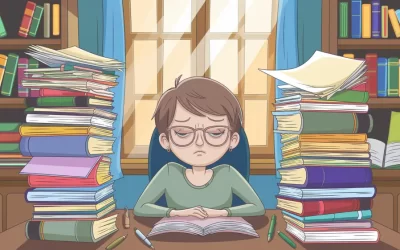A new fight is brewing in the world of scholarly publishing and it is centered on ResearchGate. For those who don’t know, ResearchGate is arguably the world’s largest social media website for scientists and science writers—used by some 60 percent of academics. In September 2017, the International Association of Scientific, Technical, and Medical Publishers (STM) sent a letter requesting that ResearchGate reexamine the article sharing on its website.
The social media site is being criticized heavily for what has been seen as facilitation of copyright infringement. A recent research article in the Springer journal Scientometrics found that in a sample of 500 journal articles posted on ResearchGate, 201 of them infringed on the publishers’ copyright agreements. A lawyer for STM (which is comprised of over 140 publishers) contacted ResearchGate on September 15 in an attempt to work with the social media site to improve its regulations and communication with users about posting papers. STM presented a proposal that would allow content posted on ResearchGate before September 2016 to remain posted until June 2018, to give users and publishers time to discuss potential conflicts and copyright issues.
And STM isn’t the only publisher to air their grievances with ResearchGate. On October 5, the Coalition for Responsible Sharing, which consists of the American Chemical Society (ACS), Elsevier, Brill, Wiley, and Wolters Kluwer, announced that they were making plans “to take formal steps to remedy the illicit hosting of millions of subscriptions articles on the ResearchGate site.” The Coalition has sent over 100,000 takedown notices to the social media site in an effort to remove potential copyright violations, although the publishers acknowledge that close to 7 million articles featured on the website could be infringing on the publishers’ copyright. ACS and Elsevier both filed lawsuits against ResearchGate in a German court for copyright infringement, stating that sending millions of individual takedown notices “is not a viable long-term solution.”
Both ACS and Elsevier have had issues with similar social media sites in the past. Elsevier sent 2800 takedown notices to Academia.edu in 2013, and both Elsevier and ACS have sued Sci-Hub for deliberately bypassing paywalls with posted papers. In response to the controversy, ResearchGate has removed numerous papers from their site per takedown notices. The site has also announced plans to work with Springer Nature to come up with a cooperative solution moving forward to deal with potential copyright issues. Per ACS and Elsevier’s joint statement, “the companies are cautiously optimistic that a solution can be found, and we invite other publishers and societies to join talks.”




